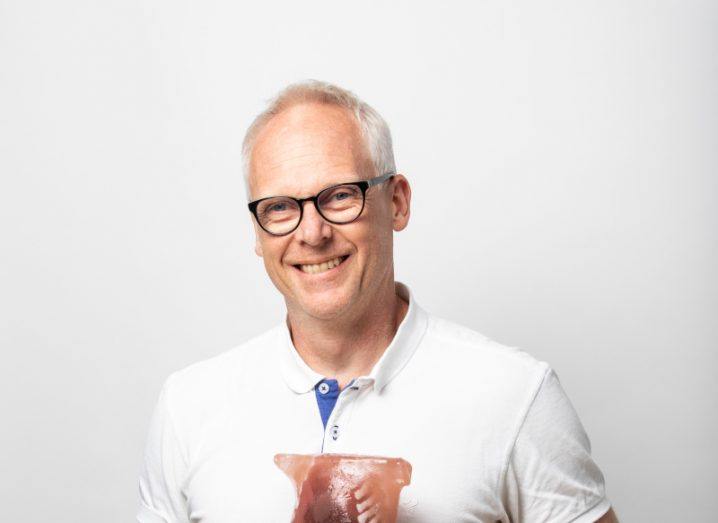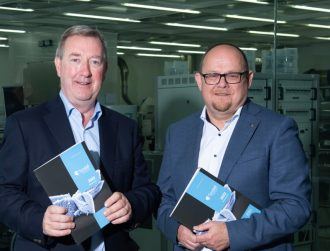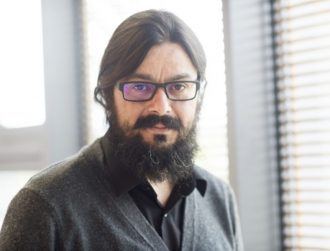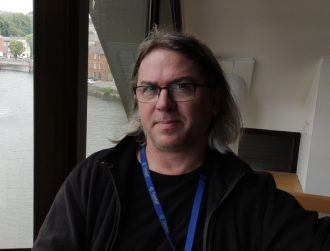
Prof Stefan Andersson-Engels. Image: Tyndall National Institute
Prof Stefan Andersson-Engels is working on new ways to use light as a way to safely diagnose diseases such as inflammatory bowel diseases and some forms of cancer.
An internationally renowned researcher has received €5.3m from Science Foundation Ireland (SFI) to continue his work on biophotonics – the use of light-based tech for life sciences and medicine.
Prof Stefan Andersson-Engels is working on new diagnostic and guidance tools that utilise light and has received the fresh funding to continue his work. This funding came from the SFI Research Professorship Programme.
Andersson-Engels was a professor in Sweden’s Lund University for more than three decades, before he joined the Tyndall National Institute in Cork to build a new biophotonics group there. He is currently the head of biophotonics at Tyndall and the deputy head of the Irish Photonics Integration Centre (IPIC).
Andersson-Engels’ current project aims to use light as a way to safely and non-invasively detect specific cells in the human body. This technology could be used to diagnose issues such has inflammatory bowel diseases and some forms of cancer.
One of the key challenges that his project aims to address is the fact that light can only penetrate short distances into human tissue. By overcoming this challenge, light-based diagnostics and therapy could be used deep inside the body to tackle more diseases.
The fresh funding will support Tyndall’s biophotonics group and its research for the next five years. The overall goal is to provide better outcomes for patients and to grow economic activity through the commercialisation of new technologies.
“With the medical devices sector in Ireland recognised as one of the five emerging global hubs, it is an exciting time for the Biophotonics Group to forge close collaborations with companies, clinicians and research centres for the faster development and deployment of more accurate, less invasive diagnostic treatment methods for cancer and other diseases,” Andersson-Engels said.
Tyndall said Andersson-Engels and his group transferred technologies to companies in the past, to help with cancer boundary detection and the monitoring of babies during childbirth. The spin-out BioPixS has its origins from this Tyndall group and IPIC.
Earlier this month, Tyndall announced a partnership with medical device giant Boston Scientific to develop a new micro sensor to support cancer treatment.
In March, Prof Edward Gregg was awarded €4.3m from the SFI Research Professorship Programme to fund a new research centre at RCSI.
10 things you need to know direct to your inbox every weekday. Sign up for the Daily Brief, Silicon Republic’s digest of essential sci-tech news.






